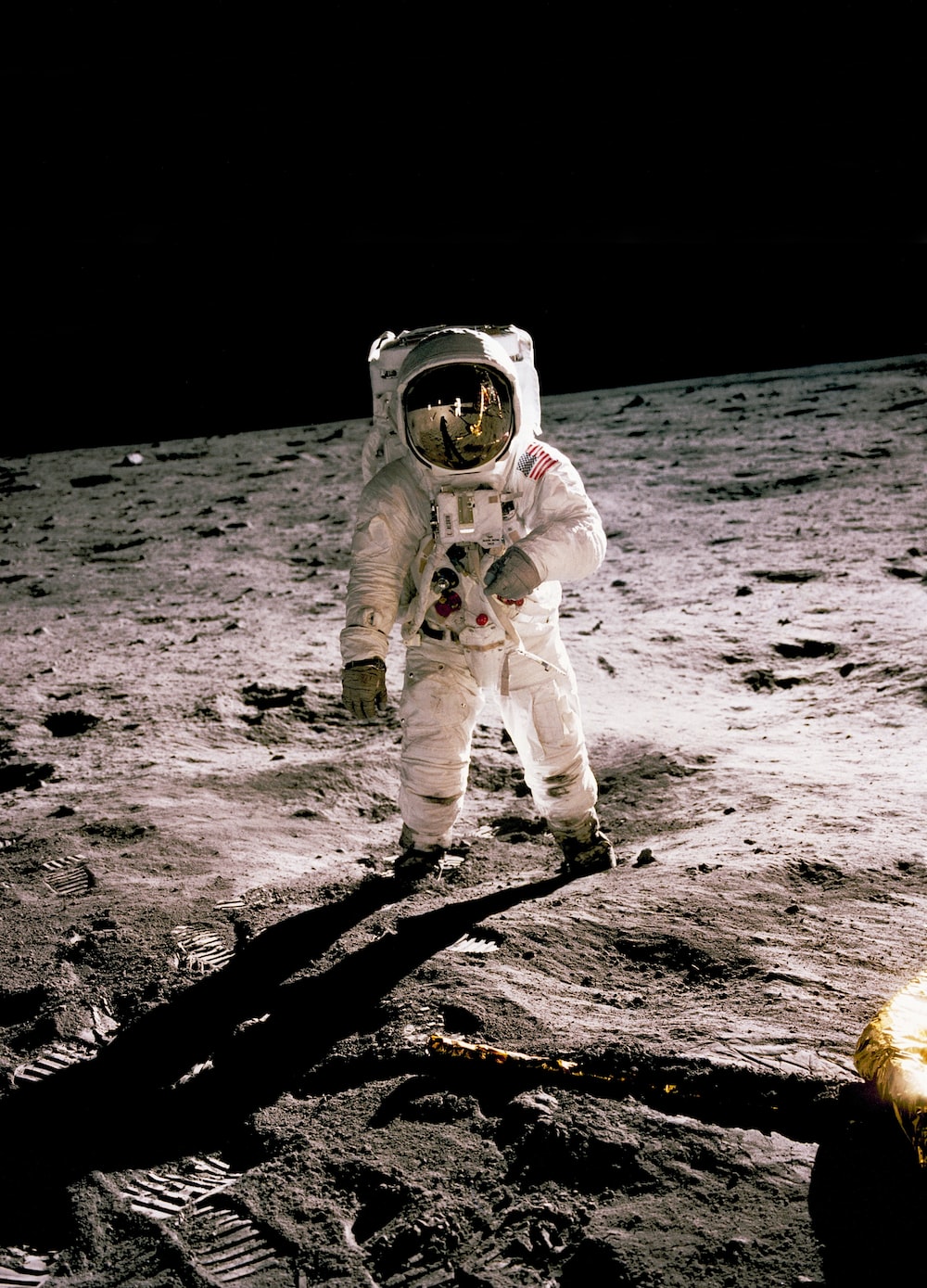The Impact of Deep Space Missions on Astronauts’ Mental Health: Can AI Companions Help?
Introduction
The exploration of deep space has always been a fascinating and ambitious endeavor for humanity. As we venture into the unknown, it is crucial to consider the mental well-being of astronauts on these long-duration missions. Isolation, confinement, and the absence of familiar surroundings can have a profound impact on their mental health. However, recent advancements in artificial intelligence (AI) have sparked the idea of using AI companions to support astronauts during these missions. In this article, we will delve into the challenges astronauts face in deep space and explore how AI companions could potentially mitigate these challenges and improve mental well-being.
The Challenges of Deep Space Missions
Isolation and Confinement
One of the most significant challenges astronauts face during deep space missions is the isolation and confinement they experience for extended periods. Unlike missions to the International Space Station (ISS), where astronauts have regular contact with Earth and their crewmates, deep space missions will involve significantly longer periods of isolation, potentially lasting for months or even years. This isolation can lead to feelings of loneliness, depression, and anxiety.
Psychological Impact of Long-Duration Missions
The psychological impact of long-duration missions cannot be underestimated. Astronauts will face a myriad of challenges, including prolonged exposure to microgravity, limited personal space, and the absence of natural day-night cycles. These factors can disrupt their circadian rhythms, leading to sleep disturbances and potential cognitive impairments.
Communication and Support Systems
Maintaining communication with Earth during deep space missions presents another challenge. The vast distances involved introduce significant time delays in communication, making real-time conversations impossible. This delay can exacerbate feelings of isolation and hinder the ability to seek emotional support from loved ones and mental health professionals.
The Role of AI Companions
Enhancing Social Interaction
AI companions have the potential to transform the social dynamics of deep space missions. By providing astronauts with a constant companion and conversation partner, AI companions can alleviate feelings of loneliness and provide emotional support. These companions could be designed to simulate human-like interactions, engaging in conversations, offering encouragement, and even providing entertainment and companionship during leisure time.
Monitoring and Assessing Mental Well-being
AI companions equipped with sophisticated algorithms could monitor astronauts’ mental well-being by analyzing their speech patterns, facial expressions, and physiological indicators. By detecting changes in behavior and emotional states, AI companions could alert mission control or onboard medical staff to potential mental health issues, allowing for timely interventions and support.
Cognitive Stimulation and Mental Exercises
To combat the cognitive effects of long-duration missions, AI companions could engage astronauts in mental exercises and cognitive stimulation. These exercises can help maintain cognitive function, memory, and attention, providing astronauts with a sense of purpose and intellectual engagement during their journey.
Virtual Reality and Simulated Environments
AI companions could also leverage virtual reality (VR) technology to create immersive and interactive experiences for astronauts. By simulating familiar environments, such as Earth-like landscapes or virtual social gatherings, AI companions can help alleviate the psychological stress associated with isolation and confinement.
Implementing AI Companions in Deep Space Missions
Designing Ethical and Trustworthy AI
The successful integration of AI companions in deep space missions relies on the development of ethical and trustworthy systems. Astronauts must have confidence in the AI companion’s ability to maintain their privacy, respect their autonomy, and provide reliable support. Additionally, AI companions should be designed with the ability to adapt to individual astronauts’ needs, preferences, and cultural backgrounds.
Human-AI Collaboration
AI companions should not replace human interactions but rather complement them. The goal is to create a symbiotic relationship between astronauts and AI companions, where the companions enhance social interactions and mental well-being while maintaining the importance of human connection. This collaboration can help astronauts feel supported emotionally and intellectually, even in the absence of regular contact with their loved ones on Earth.
User-Friendly Interface and Accessibility
To ensure the seamless integration of AI companions into deep space missions, user-friendly interfaces and accessibility are crucial. Astronauts should be able to interact with their AI companions effortlessly, without the need for extensive technical expertise. Additionally, considerations must be made to accommodate astronauts with disabilities or specific accessibility requirements.
Conclusion
The mental well-being of astronauts on deep space missions is a critical aspect of their overall health and mission success. By leveraging the power of AI companions, we can address the challenges of isolation, confinement, and psychological impact that astronauts may face. These AI companions have the potential to enhance social interactions, monitor mental well-being, provide cognitive stimulation, and create immersive experiences, ultimately supporting astronauts’ mental health during their extraordinary journeys into the depths of space.
As we continue to push the boundaries of space exploration, it is essential to prioritize the mental well-being of those who venture into the unknown. AI companions offer a promising solution, providing astronauts with the support and companionship they need to thrive in the challenging environment of deep space. With further research, development, and ethical considerations, AI companions could become an integral part of future deep space missions, ensuring the mental well-being of our brave explorers as they embark on humanity’s next great adventure.
